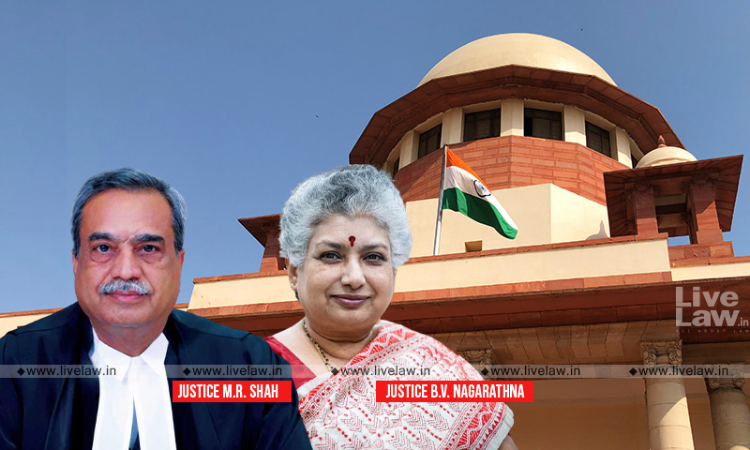No writ of mandamus can be issued by the High Court in exercise of powers under Article 226 of the Constitution of India, directing a financial institution/bank to positively grant the benefit of One Time Settlement Scheme to a borrower, the Supreme Court has held in a judgment delivered on Wednesday (15 December 2021).The bench comprising Justices MR Shah and BV Nagarathna observed that...

